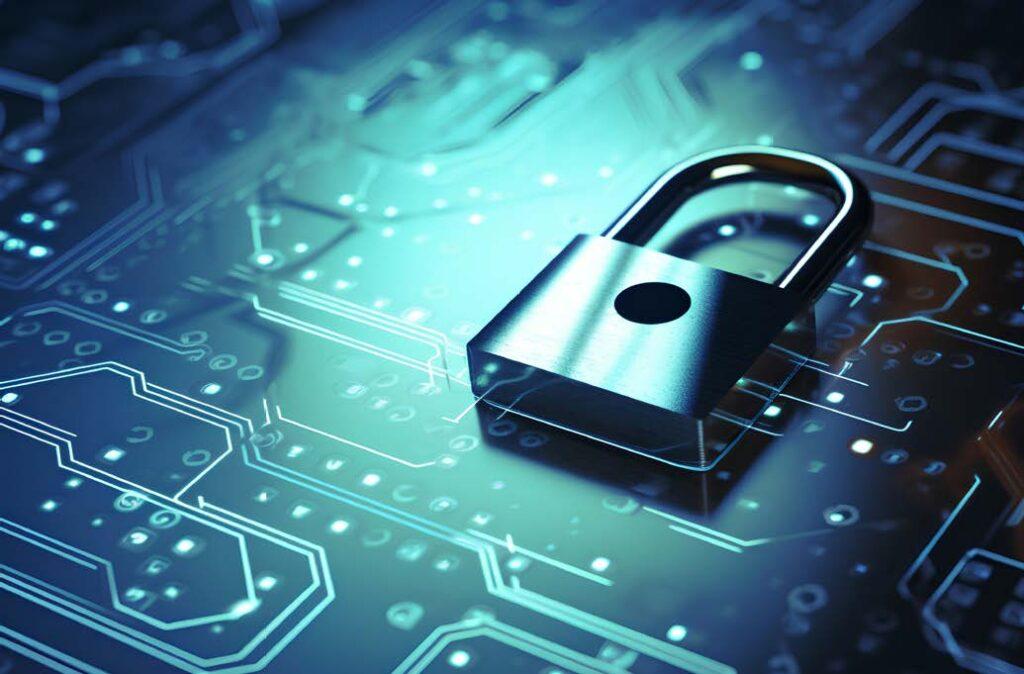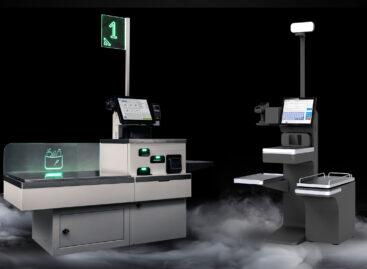It’s not that world anymore
During the pandemic, more than 1 billion users emerged on the internet, which meant an explosion in e-commerce, but also a new era of cybercrime. Those who try to stay safe in the age of AI with old-fashioned solutions are fooling themselves. We interviewed Gyula Gallina, Director of Business Development at Mastercard.
 Over the past few years, the media has been full of stories about how the pandemic has brought growth in e-commerce, yet Mastercard is talking about the flip side of the coin. Why is this important?
Over the past few years, the media has been full of stories about how the pandemic has brought growth in e-commerce, yet Mastercard is talking about the flip side of the coin. Why is this important?
Over the past decades, we have become an internationally known and respected payments technology company and, looking at our role, we are of course very pleased with the explosive development that has pushed the entire payment and acquiring market towards a cashless environment. But we as Mastercard have developed and acquired knowledge in recent years that goes beyond payments and has given us a more comprehensive technological toolkit. Cyber&Intelligence is one of them.
Has the cyber threat changed that much in recent years?
Just looking at some statistics gives a pretty clear picture of the seriousness of the situation. 2020 saw more cyber attacks than the previous 15 years combined. This number increased by a further 17% by 2021. During Covid, the number of email scams increased by 667 percent. More than a billion users have accessed the web, but if we look at the consumer side, awareness and caution has not improved, while we face much greater risks.
How will this affect businesses?
One in two organisations has suffered a cyber incident caused by a third party. This means that in the age of hyper-connectivity, where the market operates in a very complex ecosystem, with many partners and suppliers, businesses simply do not have full control over the protection of their data and processes. Not to mention that 82% of cyber-attacks are related to some human factor. To use a metaphor, the shield is thin, there are cracks in it and the people who should be holding it up don’t have the capacity or the tools.

From a merchant perspective, we see that we are in a economic recession, everyone is trying to optimise their spending, while building the right defence appears to be a very expensive investment.
Again, using the figures, if we know that there is a cyber attack every 39 seconds and that by 2025 the cost of these attacks will be more than $10 trillion, it puts every forint spent on security in a different light. Unfortunately, our experience is that most businesses only learn from their losses, and precisely because we are living in an already difficult economic time, this could be potentially disastrous. We don’t hear many stories of businesses failing because they spent on security, but there are more and more stories of businesses losing not only their money, but also the trust of their customers, clients and future business as a result of a cyber attack.
What opportunities are there for those who engage and want to change and improve?
Today, these businesses are sitting on a huge amount of data that can help them operate more efficiently and deliver a better customer experience. Many of our services use artificial intelligence to help manage the ever-increasing amount of information, automate and model context when investigating cyber-attacks and digital fraud. We also have solutions to help with assessing IT security risks, including scanning owned and supplier networks. So, whether it’s marketing technologies, identification solutions, risk assessment or of course payments, we can and would like to help Hungarian businesses.
Related news
K&H: Is the digital glass ceiling coming?
With regard to artificial intelligence, we talk a lot about…
Read more >Artificial intelligence in winemaking: new technology is changing the way wine is made
Artificial intelligence is revolutionizing American winemaking, enabling remote monitoring of…
Read more >Every third Hungarian cardholder regularly pays with their mobile
Mastercard published the results of its research entitled “Bank Card…
Read more >Related news
Why does the 9th Laurel Retail Conference seem unmissable?
If there’s one event where you can never say “it’s…
Read more >Absolute Live: a trendsetter among Hungarian sports drinks for 16 years
Absolute Live, produced by R-Water in Akasztó, has been a…
Read more >Everyone wins with shrink wrap free toilet paper – Rossmann is the leader in green innovation
MAGYAR PISZKE PAPÍR Kft.’s shrink wrap free Crepto 3240 toilet…
Read more >






